Column
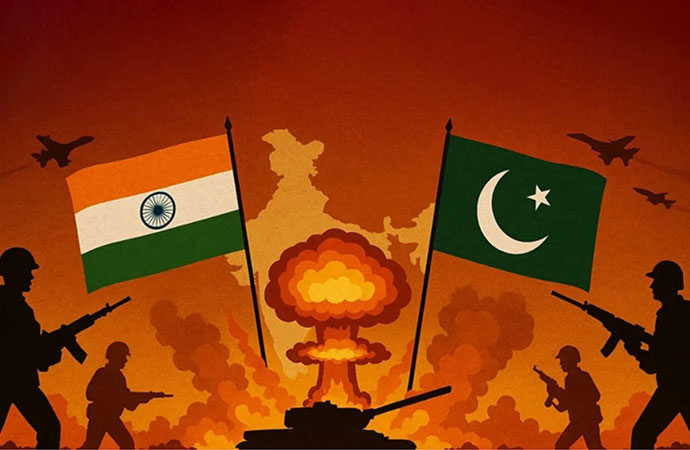
When Nobel Laureate Professor Muhammad Yunus and his colleagues answered the nation's call to form an interim government following the collapse of the Awami League dictatorship, their focus was clearly on the myriad domestic challenges left by the fallen regime. Foremost among these was stabilizing an economy teetering on the brink of collapse amidst a total breakdown in law and order as many in the police and administration abandoned their posts. Once stability had been restored, the interim government rightly began to focus on the necessary preconditions that had to be met before free and fair elections could be held (for the first time since 2008). To meet this challenge, the government established a variety of reform commissions and began consultations with stakeholders to reach a consensus on those changes required before elections could be held.
With these daunting tasks facing them, Chief Advisor Yunus and his team were rightfully inwardly focused. At the same time, they had to deal with a complicated international situation, both in the South Asia region and beyond. Fortunately, Chief Advisor Yunus' unmatched international connections provided the Interim Government with an important advantage as doors were opened to him around the world. This proved incredibly useful as Bangladesh sought to stabilize its economy, rebuild strained bilateral relationships, and address the looming humanitarian catastrophe related to developments in neighboring Burma. Through skillful diplomacy, the Interim Government was able to build relationships across the board, to include navigating the challenges presented by the election of Donald Trump in the United States and a complicated set of relationships in the Indo-Pacific region.
Not surprisingly, the Interim Government found Pakistan eager to rebuild relations that had sunk to their lowest point since the two countries broke in 1971 after Bangladesh's Liberation War. While the areas for Bangladesh-Pakistan cooperation are limited by economic and geographic reality, the normalization of ties has proceeded in a positive direction since August 2024. Recent Foreign Secretary level consultations and planned Ministerial engagement promised to build on this positive momentum and potentially lead to the long-awaited formal apology from Islamabad (and Rawalpindi) for the horrors of 1971.
By far the most complicated relationship for the Interim Government has been with neighboring India. In many ways, this is the most important bilateral relationship for Bangladesh, for reasons related to security, economics, and the environment. Notwithstanding India's close relationship with Sheikh Hasina and her Awami League, it still came as a surprise when the Indian government, media and establishment reacted aggressively against Chief Advisor Yunus and his government. The period between August 2024 and April 2025 saw numerous missed opportunities to reset the India-Bangladesh relationship, with New Delhi rejecting overtures from Dhaka. While serious irritants remain (chief among them Hasina's presence in India), the meeting between CA Yunus and Indian PM Modi in Bangkok in April raised hopes that some type of normalization process was in the offing as Bangladesh moved along the road to elections and India prepared for another eventual political transition in Dhaka.
Any hope that Bangladesh's foreign relations challenges would diminish as the Interim Government looked to the end of its tenure was shattered by the terrorist attack that took place in Kashmir on April 22. With nuclear armed India and Pakistan now engaged in low-level combat and the threat of further escalation, Bangladesh finds itself in a very dangerous situation. At one extreme, high intensity conflict between India and Pakistan would have devastating consequences for both countries and the entire region. Even if cooler heads prevail, the ripple effects of the deterioration in India-Pakistan relations and a renewed focus on countering terrorism will have implications both for the Interim Government in Dhaka but also for its elected successor.
With this in mind, the recent move by Chief Advisor Yunus to appoint a civilian National Security Advisor appears particularly well timed, as Bangladesh's response to the emerging regional challenges will require a whole of government approach. Clearly, Bangladesh's armed forces and security agencies will need to conduct a thorough review of the country's domestic and international security threats in light of the recent developments. On the foreign policy front, Bangladesh will have to carefully navigate the crisis, as both India and Pakistan (as well as their international backers) will surely seek diplomatic support from Dhaka. Given the religious element to the India-Pakistan conflict and the perceived linkages between foreign actors and domestic political players, there is also a risk of the conflict sparking unrest in Bangladesh. This will be magnified by the upcoming elections as Bangladesh's parties may seek electoral advantage by taking sides in the India-Pakistan dispute. The parallels between the Indian response to the attack in Kashmir and Israel's response to the October 7 terrorist incidents further complicate Bangladesh's policy challenge.
For its part, the remnants of the Awami League will seek to take advantage of this situation, using it to further fuel their narrative that the Interim Government and its supporters are aligned with extremist and terrorist groups at home and abroad. They will likely also double down on their outreach in New Delhi, Washington and elsewhere to whitewash the crimes committed during the Hasina regime and position her as the only leader capable of preventing Bangladesh becoming a terrorist state. While some of those who had been leading disinformation efforts against the Interim Government may now shift focus to Pakistan, the Awami League's disinformation warriors are likely to intensify their efforts.
With this in mind, Bangladesh's interim government will need to adopt a whole of government approach to ensuring that the country's interests are protected as the India-Pakistan conflict develops. This response will have diplomatic, information, military and economic dimensions and needs to be both proactive and nimble enough to respond to fast breaking developments. To be successful, the response also needs to go beyond just those in government to include other members of the pro-democracy coalition that came together in July 2024. Chief Advisor Yunus and his team should take the other members of the coalition into their confidence and seek support in navigating these dangerous waters.
Jon Danilowicz is an Independent Foreign Policy Analyst and Retired US Foreign Service Officer.






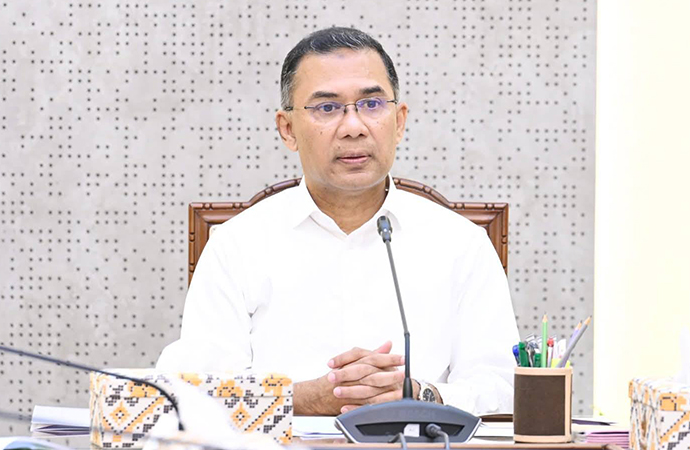
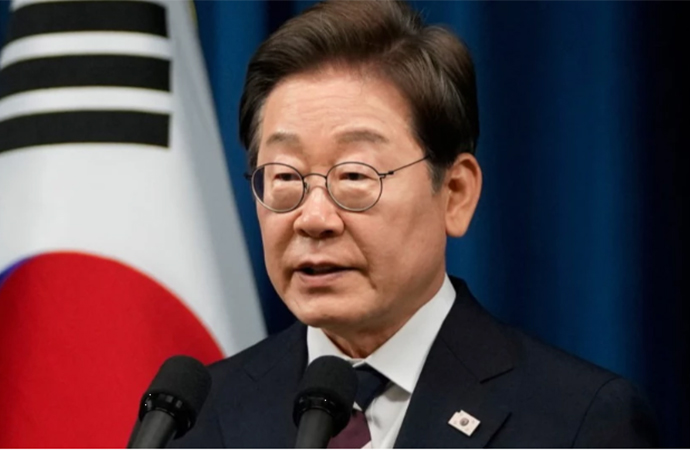
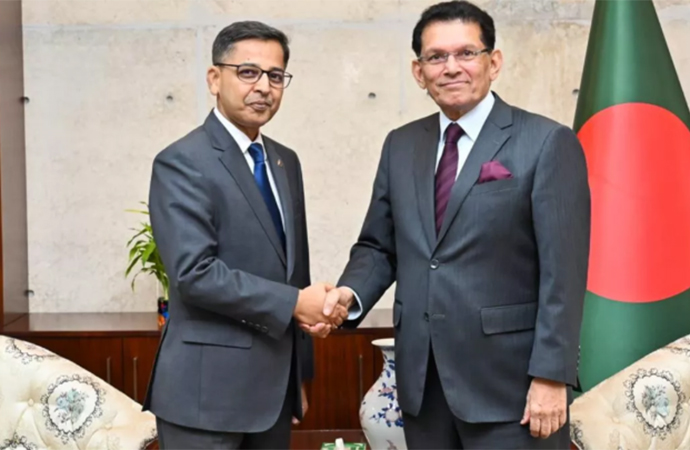
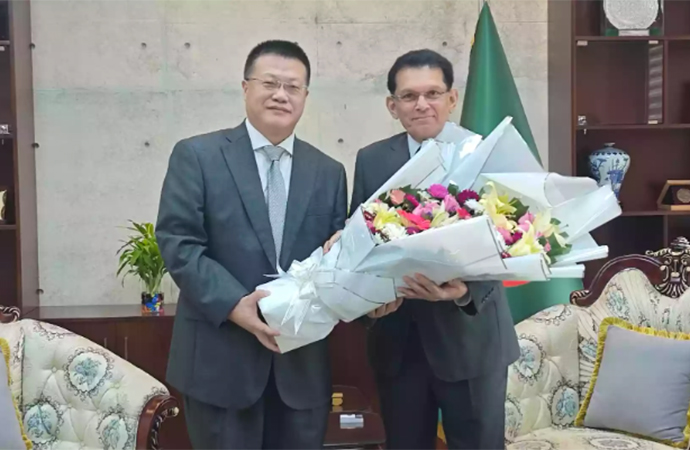
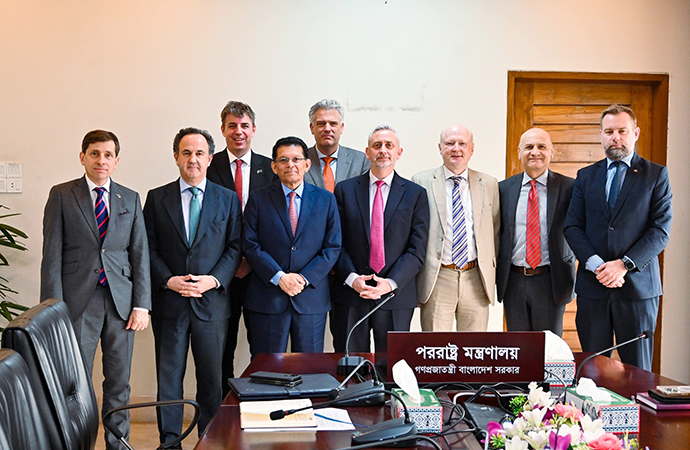
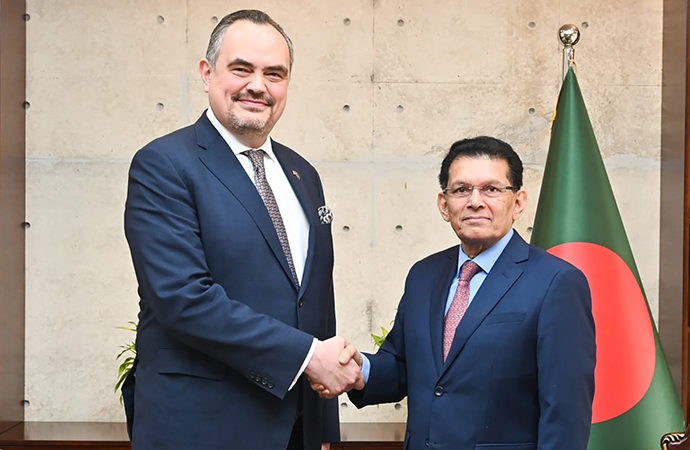


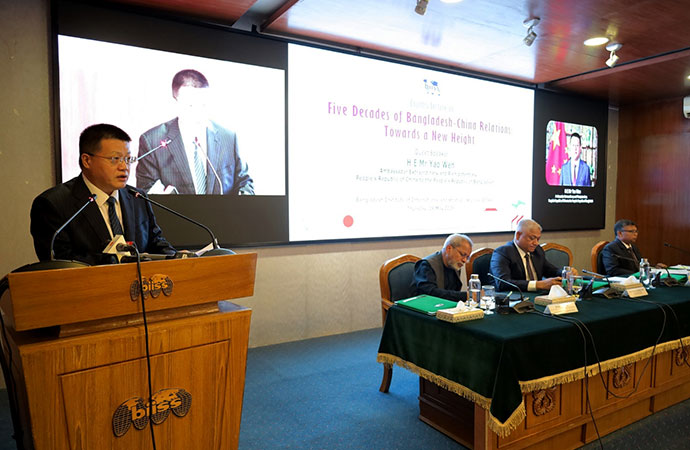




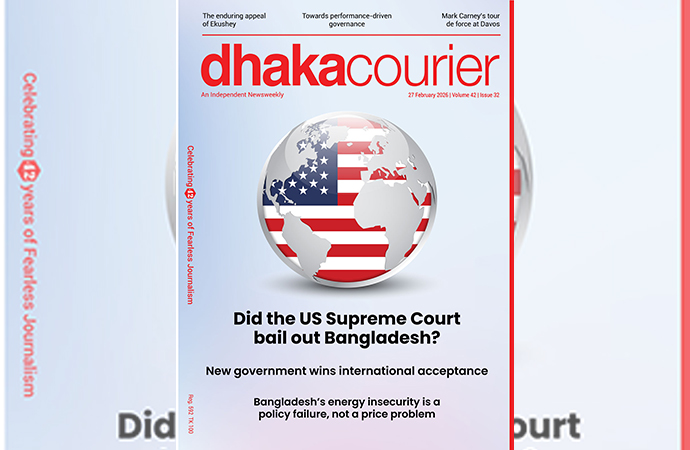





Leave a Comment
Recent Posts
Bangladesh’s first drought-res ...
In a groundbreaking development for Bangladesh’s agriculture, Ga ...
US and Iran hold another round ...
Iran and the United States were holding another round of indirect talk ...
An early hiccup for the new government?
Japan invites PM Tarique, eyes cooperation with Bang ..
Bangladesh to achieve sustained growth, prosperity u ..
Dhaka indicates ‘forward looking, balanced partnersh ..